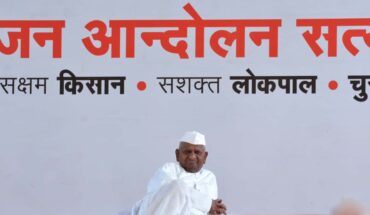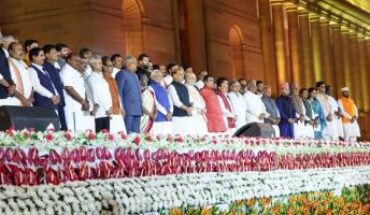The Fifteenth Finance Commission recently submitted its report with recommendations on the formula for sharing the divisible pool of tax revenues between the Centre and the States for the next five years to the President. The panel’s proposed fiscal road map, up to 2025-26, will only come into the public domain once it is tabled in Parliament, if not in the winter session, at least before the Union Budget for 2021-22 is presented. An action taken report would reveal the government’s acceptance or rejection of the panel’s prescriptions. There are fresh reasons for the States to be anxious about the Commission’s revenue sharing recommendations, not in the least because of their recent stand-off with the Centre on how their GST compensation dues will be paid this year. While 22 States have now come on board with a solution conjured up by the Centre, there are still loose ends as more dues pile up over the next two years. Second, the Centre had tasked the Commission with assessing a few unusual ideas, including the creation of a non-lapsable fund for defence and security spending, and incentivising States for performance on reforms considered desirable by the Centre such as adoption of direct benefits transfer. Southern States are worried that the use of 2011 population data, instead of 1971, will penalise them for managing population growth better. All these have the potential to impact States’ actual share. The Centre can allay States’ fears by tabling the report soon so that any anxieties can be debated and laid to rest, and States can also plan upcoming Budgets with less uncertainty. Being receptive to States’ concerns can help forge a fresh cohesive federal compact for the coming years — a double engine that can hasten India’s return to high growth. The government should not delay implementation of any step that may help revive the economy.
Finance panel should help ease Centre-states rift
Published Date: 19-11-2020 | 9:10 am




